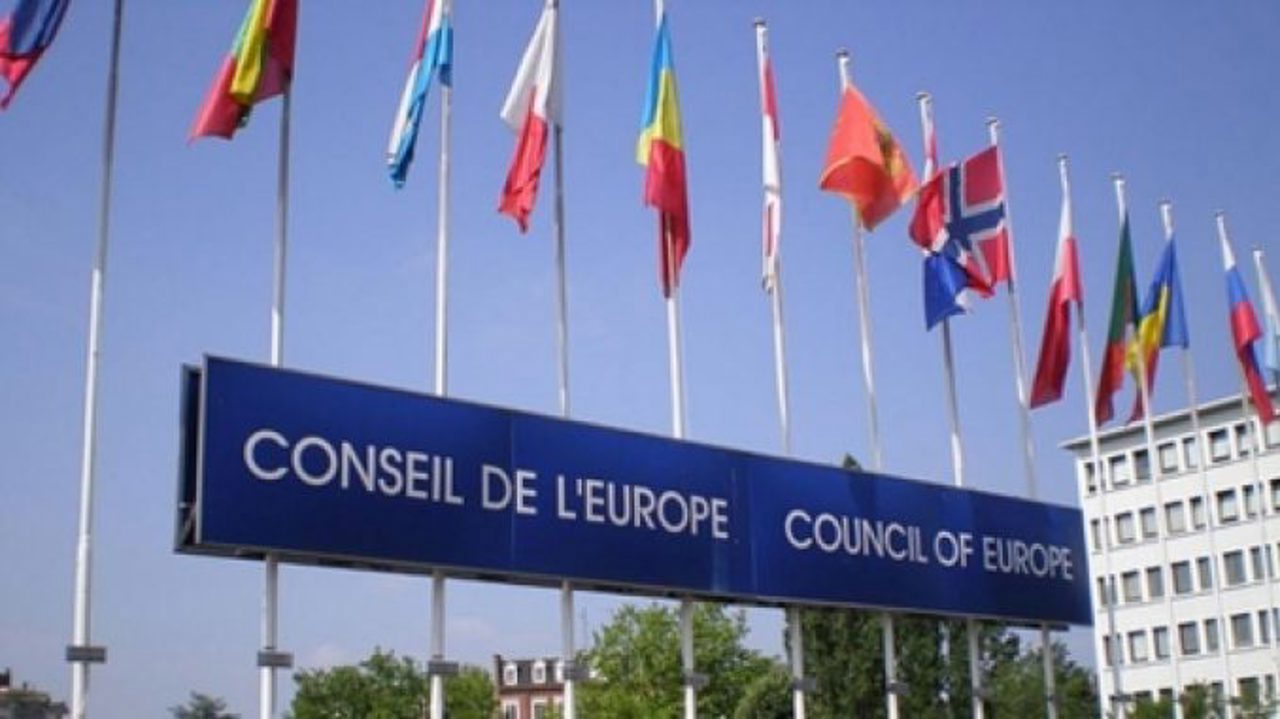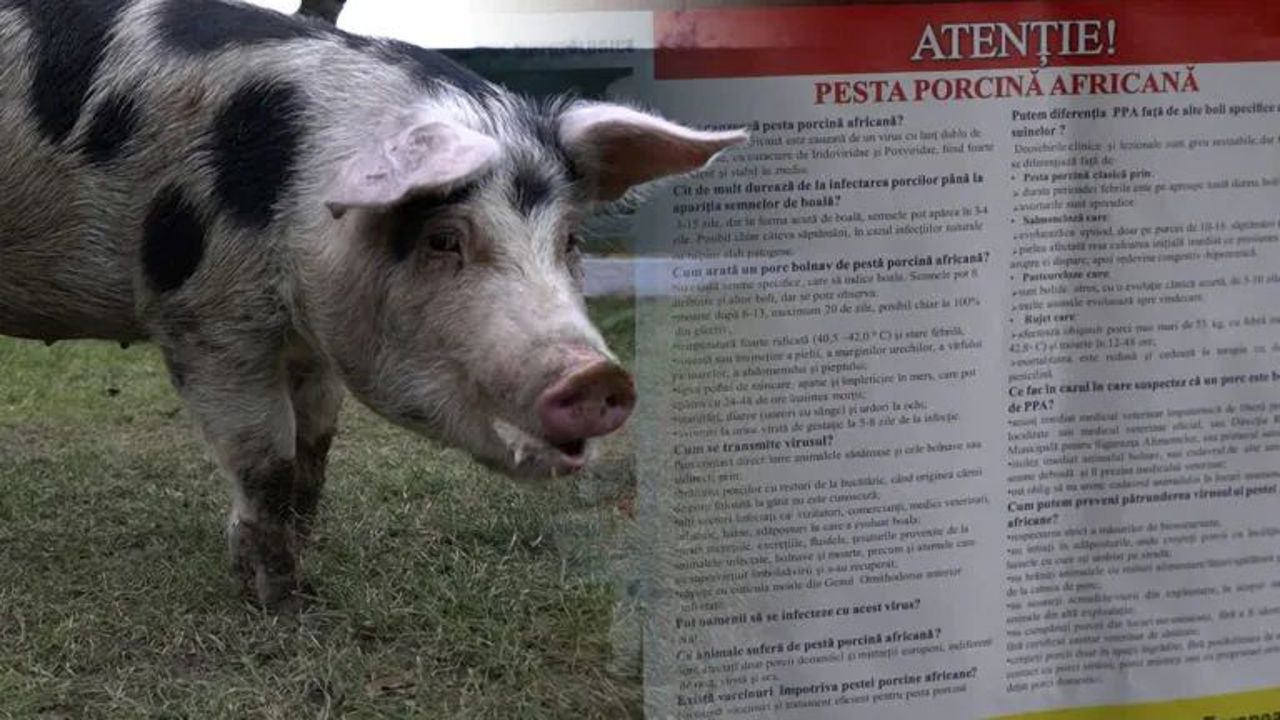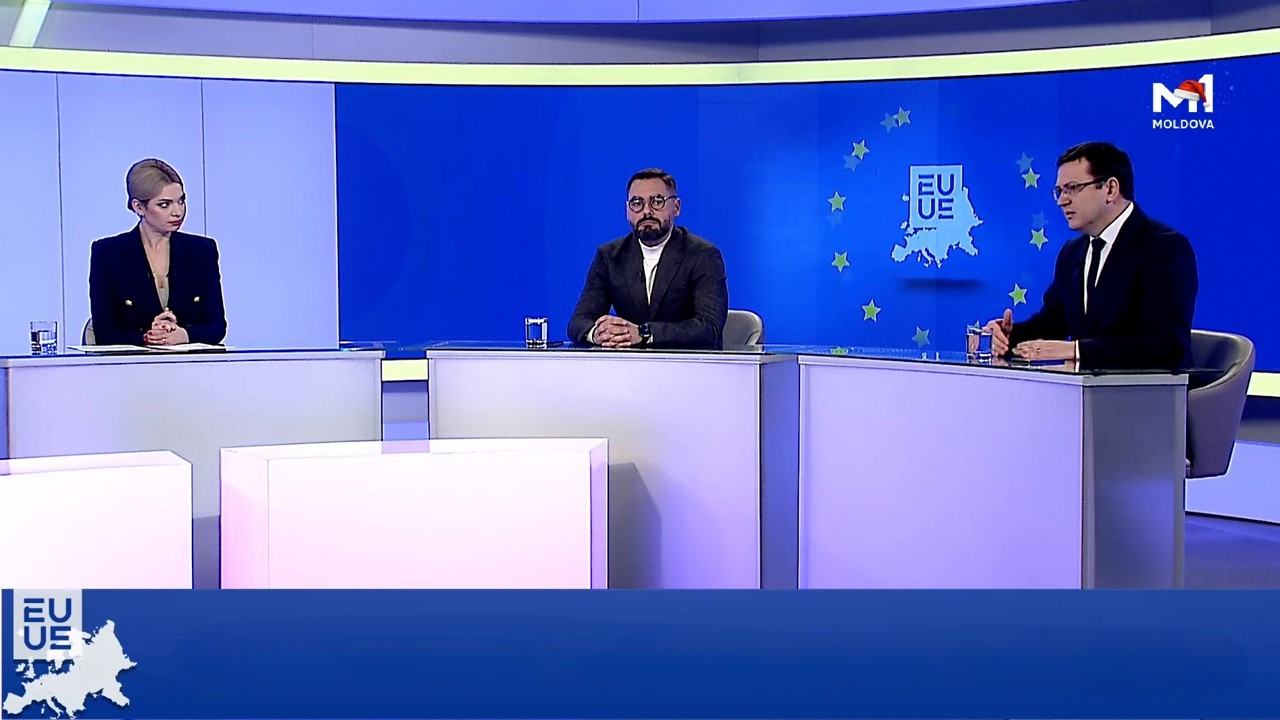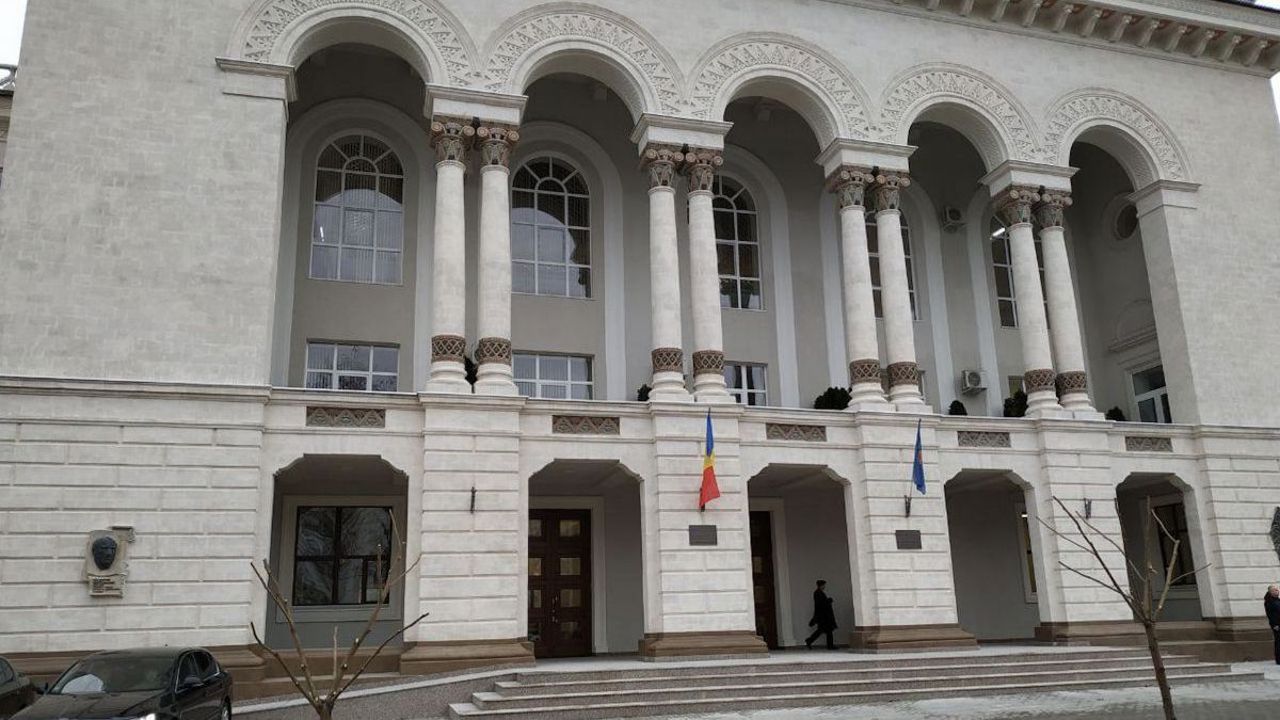Moldova praised for integrating displaced Ukrainian children
The Council of Europe warns that language barriers, limited school capacity and difficult tracking of out-of-school children are among the key challenges facing millions of Ukrainian children seeking refuge in Europe.

Now that the bleak threshold of 1,000 days of war in Ukraine has been crossed, it is time to move from emergency solutions to more sustainable, long-term mechanisms. This is the key message of a new mapping study prepared by the Secretariat of the Council of Europe's Consultative Group on Children in Ukraine, in collaboration with the organisation's Education Department.
The Republic of Moldova is very positively mentioned in this new Council of Europe study on access to education for children in Ukraine who have fled war.
Moldova has hosted a relatively large number of Ukrainian refugees, accounting for up to 3% of the total number of Ukrainian citizens displaced by Council of Europe member states, with the country ranking just behind Germany, Poland, the Czech Republic, the UK, Spain and Italy.
Schooling (attendance at state-approved schools) is not compulsory in all EU countries, but attendance at local schools is recommended for the well-being of displaced children from Ukraine and their integration in the host country. In many countries, education can also take place at home, in non-formal learning institutions or in online schools. In the latter form, almost half of Ukrainian children living in these EU Member States attend the All-Ukrainian Online School (AOS) as a way to receive formal education.
50% of children who left Ukraine because of the war are still to be enrolled in the education systems of the host countries. 60% of enrolled children follow online courses broadcast from Ukraine, in parallel with regular school classes. Children fleeing war often suffer trauma, psychological distress and a sense of instability. The situation in some European countries is more pressing than in others: as of May 2024, two European countries - Poland and the Czech Republic - had the highest percentage of people under temporary protection who fled Ukraine.
These and other challenges faced by Member States in ensuring Ukrainian children have access to education, as well as current practices, are examined in the study. The analysis also presents effective strategies for integrating these children into local schools, adapting enrolment and making class placements more flexible, while protecting their right to cultural identity by encouraging their connection with Ukrainian culture and language.
Praise for the Republic of Moldova
The Republic of Moldova has introduced a test-based initial assessment which determines the class in which the displaced children continue their studies and they also receive special psycho-social support.
Psychosocial support for Ukrainian children is indispensable as they are likely to have suffered trauma as a result of the war. To this end, Moldova uses an observation method in which teachers are expected to assess the behaviour of Ukrainian pupils during lessons and to report to a responsible person in cases of behaviour that may indicate that a particular pupil needs special support.
The country has also introduced a screening process in which children are examined by a competent professional, either during the enrolment process or at a later stage of their education in school.
And, likewise, Moldova offers remedial classes to Ukrainian children to help them compensate for the learning gaps they may face and acquire essential skills to join a joint program.
The study encourages Member States to:
- Promote personal schooling for all children in Ukraine by raising awareness of its benefits among parents and guardians; providing additional school places and a sufficient number of competent teachers;
- Set up monitoring systems to identify any children outside the education system;
- work with the Ukrainian Ministry of Education to help children preserve their cultural identities.
Since the beginning of the Russian Federation's war of aggression against Ukraine, Council of Europe member states have been committed to defending the fundamental rights and freedoms of Ukrainian children, including their right to education. This commitment was reaffirmed in the Reykjavík Declaration adopted by the Heads of State and Government in May 2023. The Consultation Group on Children in Ukraine, which was set up to implement the Declaration, led this study.
Author: Dan Alexe
Translation by IUrie Tataru





